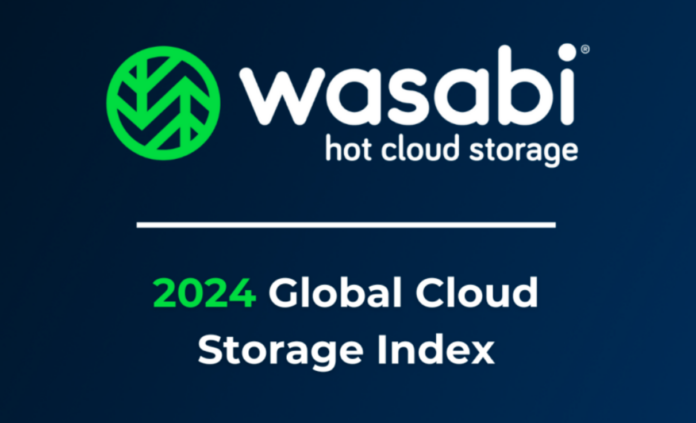Businesses in the Asia-Pacific region are increasing their investments in public cloud storage to drive infrastructure migration, cloud modernisation, and new data security and recovery requirements, according to the 2024 Wasabi Global Cloud Storage Index.
Wasabi commissioned Vanson Bourne to conduct research into cloud storage. The study surveyed 1,200 IT decision makers in November and December 2023.
Findings show that 93% of APAC firms expect to increase the amount of data they store in the public cloud in 2024, up 8% from last year.
The 2024 index shows 47% of respondent’s cloud storage bills are allocated to various data operations and retrieval fees. APAC enterprises are no exception, with a similar proportion of billing allocated to fees.
Japan and Australia indicated an even higher proportional mix of fees, at 50%. Nevertheless, countries across the APAC region continue to increase their budgets and the amount of data they store in the cloud to support new IT initiatives like cloud infrastructure migration and modernisation, and to enhance backup, recovery, and other data security requirements.
For the second year in a row, Singapore ranked sustainability — in terms of infrastructure architecture, service provider initiatives/commitments, or built-in tools for things like carbon footprint calculation — as the most important consideration when it comes to choosing a cloud storage provider/service.
Singapore indicates a lower proportional mix of cloud storage fees with only 44% of billing allocated to fees, on average.
However, Singapore indicated the highest rate of budget excess among all countries surveyed; with 66% of local respondents saying their organisation exceeded budgeted spend on cloud storage in 2023.
Also, Singapore ranked operational improvements as the top driver for implementation of artificial intelligence/machine learning, and chose AI/ML solutions for security and compliance (such as, advanced anomaly detection) as the top workload their organization has implemented or is planning to implement solutions for.
Michael King, Wasabi VP and GM in Asia-Pacific and Japan, said enterprises are realising that to maintain a competitive edge, they must find new and innovative ways to deploy AI capabilities, both for internal processes and as offerings to customers.
“That is why many are looking to increase their storage amount to host the mountain of data that is necessary to run AI/ML applications that have become so critical,” said King.
This year the Cloud Storage Index included respondents from India and South Korea in order to gain perspective and understanding on high-growth markets within the larger APAC region.
In both countries, 96% of respondents indicate their organisation will increase the amount of data stored in the public cloud in 2024.
Similarly, 96% of South Korea respondents say their organisation will increase public cloud storage budgets in 2024 (compared to 90% in India).
India and South Korea both ranked “accelerating innovation and development cycles for existing products/services” as the leading driver of AI/ML solution adoption.
In terms of planned and implemented AI/ML workloads, India ranked computer vision (inclusive of a range of image and video processing or recognition) as a leading use case.
South Korea identified gaming applications (including 3D rendering) as one of its top 3 workloads driving AI/ML adoption, higher than any other country surveyed.
















